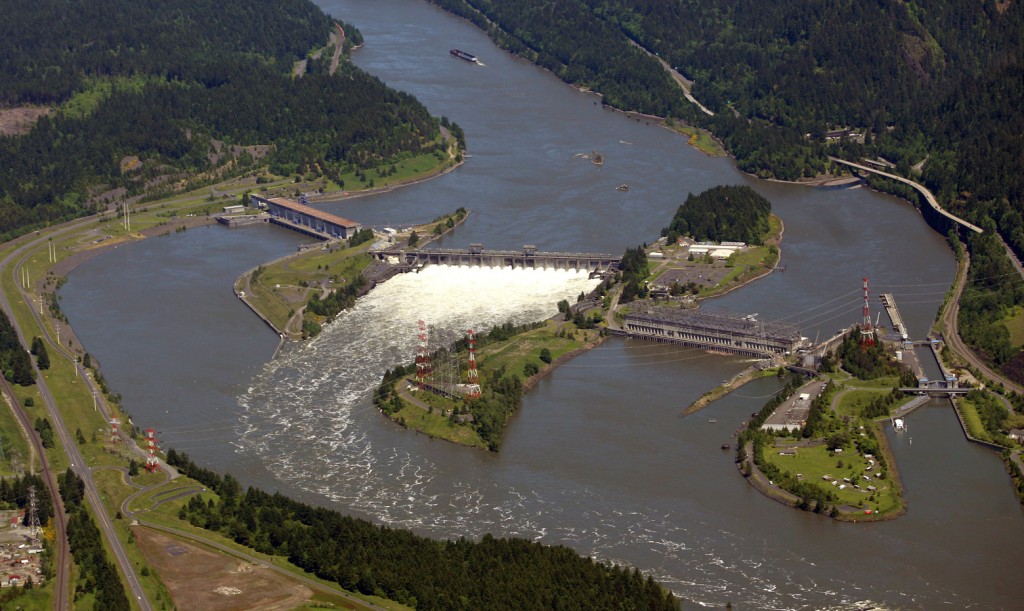A decades-old hazardous waste dumping ground on an island in the Columbia River next to the Bonneville Dam will become a Superfund site after the U.S. Environmental Protection Agency added it to the National Priorities list on Thursday.
The U.S. Army Corps of Engineers used the island as a landfill for forty years and disposed of electrical equipment in the Columbia River, resulting in toxic polychlorinated biphenyls, or PCBs, contamination. As a result, both the Oregon Health Authority and the Washington State Department of Health have “Do Not Eat” fish consumption advisories in effect for the area.
While some progress has been made, the ongoing impact to tribal fishing and the general risk to public health and the environment persist.
“These disposal practices have ongoing consequences, particularly for the tribal fishers so closely connected to the river. We need to take action as soon as possible so the problems do not become even worse,” DEQ director Richard Whitman said. “We welcome the focus that EPA’s oversight will bring to speeding restoration of this site. Together, we can ensure cleanup at Bradford Island is done right and that we are protecting human health and the environment over the long-term.”
EPA’s decision comes two and a half years after the Yakama Nation, the Oregon Department of Environmental Quality, and the Washington Department of Ecology came together to request the listing.
“A healthy Columbia River is essential for our people and the salmon that are central to our culture,” said Delano Saluskin, Yakama Nation Tribal Council Chairman. “We are encouraged to be moving forward and work collaboratively with EPA and the Corps to ensure cleanup results in clean, healthy fish that are safe to eat.”
EPA’s Superfund program will provide consistent federal funding and put other requirements on the work that are expected to re-energize the cleanup of Bradford Island.
“This is a landmark decision for the Columbia River and its surrounding communities,” said Laura Watson, director of the Washington State Department of Ecology. “This is the culmination of years of hard work and partnership with the Yakama Nation and Oregon. We’re grateful to EPA for recognizing the importance of this site and granting our request. This brings hope for the future.”


